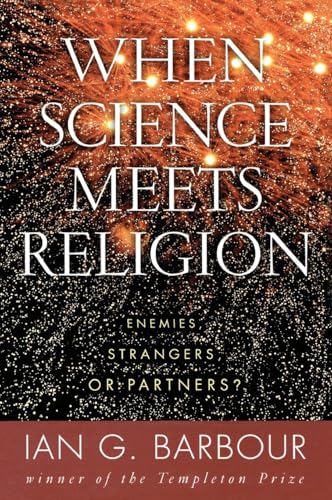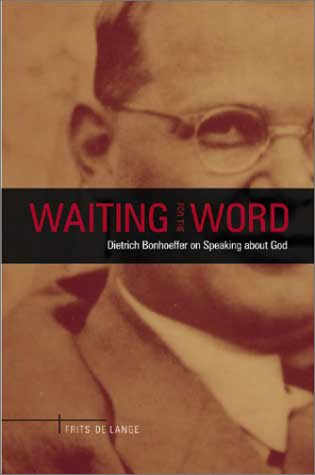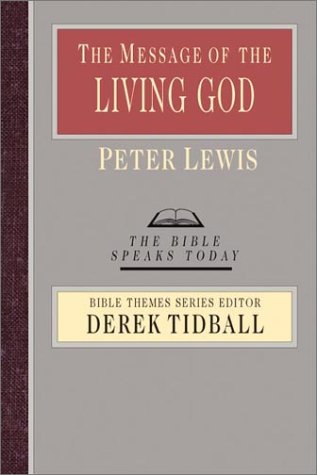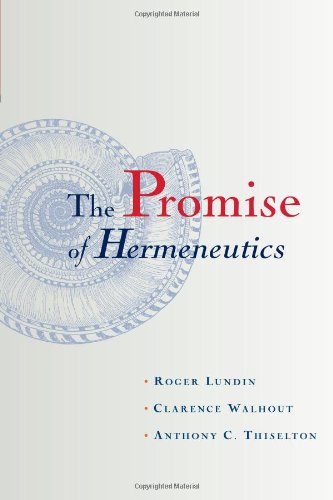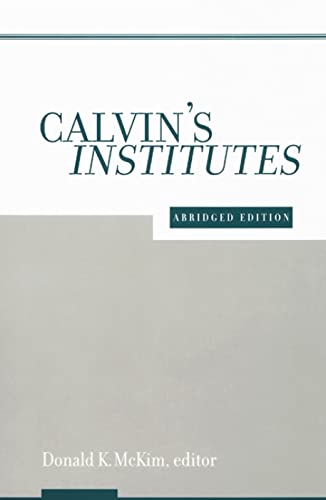Taking Religion To School: Christian Theology and Secular Education
Written by Stephen H. Webb Reviewed By Trevor CoolingStephen Webb has one message for his readers in this passionate book—the study of religion is a religiousactivity. Webb’s thesis is that this simple point has been lost as academia has sought to embrace the increasing secularity and religious pluralism of society at large.
In Webb’s view, the key problem has been the attempt to make a distinction between the dispassionate teaching about and the committed teaching of religion. In parallel with the civic repression of religion in society at large, the policy of the academy has been to divorce personal faith from the study of religion in the pursuit of academic objectivity. The cost, argues Webb, has been to disconnect students ‘from the very source of their motivation to learn’ (27). The fear of imposing a religion leads to educational paralysis, where the classroom becomes not open and tolerant, but secular and atheistic (224).
Webb’s solution is refreshingly naive, the teaching of religion is to be treated as a confessional activity which embraces the personal history of both teacher and taught and gives ‘more space for the articulation of distinctive religious voices’ (137). He argues for a pedagogy where teacher and student are each encouraged to own, declare and reflect upon theìr personal faith, and not feel that ‘being religious’ is somehow a problem in the academic study of religion. Webb’s confessional approach is not confrontational and polemical and does not seek to convert (he is clear about the distinction between the classroom and the church), but it is religious by opening up the possibility of encounter with God. He argues that this approach is the way to prepare students for the world of religious pluralism, where controversy is a fact of life.
A number of styles are employed in the book in the pursuit of the thesis. The opening chapter is autobiographical, charting Webb’s personal religious journey through the study of religion. This is followed by several chapters of more traditional philosophical argument, where contrasts are drawn with other key writers, and is complemented by a case study in the relationship between the chaplaincy and the religious studies department in his own college. Finally there is a delightful chapter where Webb records an email dialogue between himself and his former teacher William Placher, in which they explore their agreements and differences concerning the study of religion as a religious activity.
I found this a most helpful book. Although it emerges from the American context, where the practice of religion is ‘verboten’ in public education, the themes and analysis are highly relevant in other contexts. It was encouraging to see Webb reaching similar conclusions to Christians working in school religious education in Britain. Above all the book was exemplary in modelling the argument. To begin with, I was disturbed at the seeming lack of rigour in the first autobiographical chapter. However, as I read on, the importance of the first chapter emerged. For how else can one write passionately about the importance of personal history in the study of religion but through autobiography? Webb is surely right to remind the self-appointed guardians of objectivity that personal history shapes us all and that their liberal Protestant approach to the study of religion is a religious activity as much as anyone else’s.
Trevor Cooling
The Stapleford Centre, Nottingham



